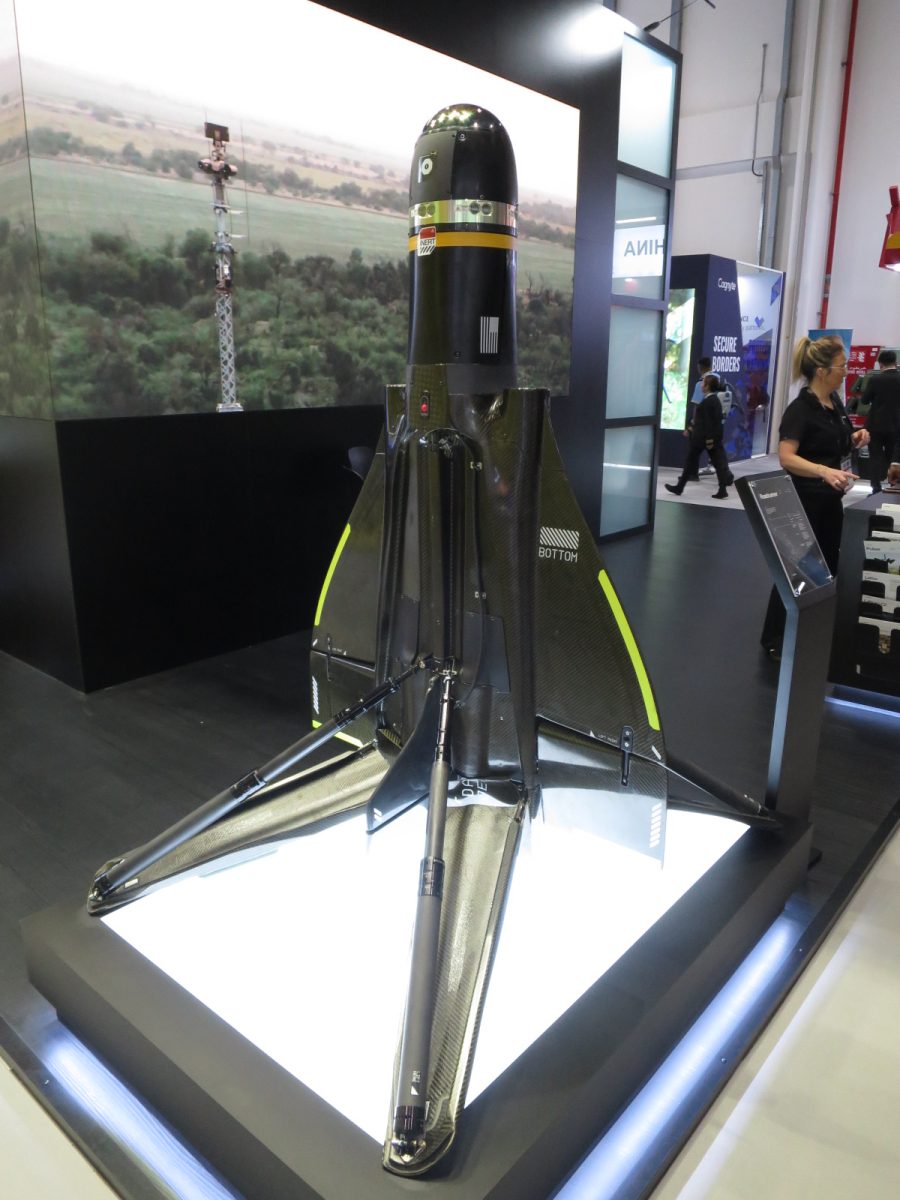Tech startup Anduril, which is developing autonomous weapons, is considering an IPO for 2026.
The California-based company, founded by former Facebook executive Palmer Luckey in 2017, has grown into one of America’s leading defense contractors, serving U.S. and allied forces globally.
With its core belief that automating war reduces human losses, Anduril’s business is centered on software and artificial intelligence.
The company created Lattice OS, an autonomous platform that guides drones, missiles and other UAVs towards their targets.
Anduril first entered the public spotlight in 2018 when it began installing AI-powered towers along America’s southern border. These towers, pitched as an alternative to a physical border wall, are responsible for surveilling border activity.
Immigration lawyer Julie Mao told the Guardian, “migrants don’t have paid lobbyists in DC, but these military tech corporations do.”
According to OpenSecrets, Anduril spent close to $2 million on lobbying so far this year.
In Ukraine, Anduril supplied AI-powered attack drones, which vary from kamikaze drones to electronic warfare equipment. In the Middle East, AI-powered weapons have been used by Israeli and American forces to identify and strike targets, as well as to intercept drones.
This has helped America compete with adversaries, including China, which is building 250 new fighter jets every year.
This year, Anduril won a $642 million anti-drone tech contract with the U.S. Marine Corps, a $99 million Air Force contract and a $159 million night vision contract with the U.S. Army.
Anduril is also developing an AI-powered fighter jet called Fury alongside Copperhead, a family of underwater drones.
“If Big Defense doesn’t wake up soon, their market share’s going to end up like Sears—nostalgic and irrelevant,” military analyst Brandon Webb said.
With global conflicts intensifying, Anduril’s revenue surged to $1 billion for the first time in 2024. Valued at more than $30 billion, Anduril has become one of America’s most valuable private defense contractors, behind only SpaceX. Since Trump’s re-election, Anduril’s influence has grown in Washington.
Despite these successes, Anduril continues to face business challenges. The Pentagon’s growing adoption of AI, including Lattice OS, has prompted concerns from nuclear experts. “[The AI might] produce data or recommendations that people aren’t equipped to understand, and that will lead to bad decisions,” Jon Wolfsthal, a former member of the National Security Council, said.
Anduril, expected to IPO sometime next year, is likely to benefit from increasing defense spending.
The company, standing at the crossroads of ethics and automation, is a symbol of Silicon Valley’s increasing influence at the Pentagon.
In a world where robots are making life-or-death decisions, Anduril’s controversial technology is redefining modern warfare.








